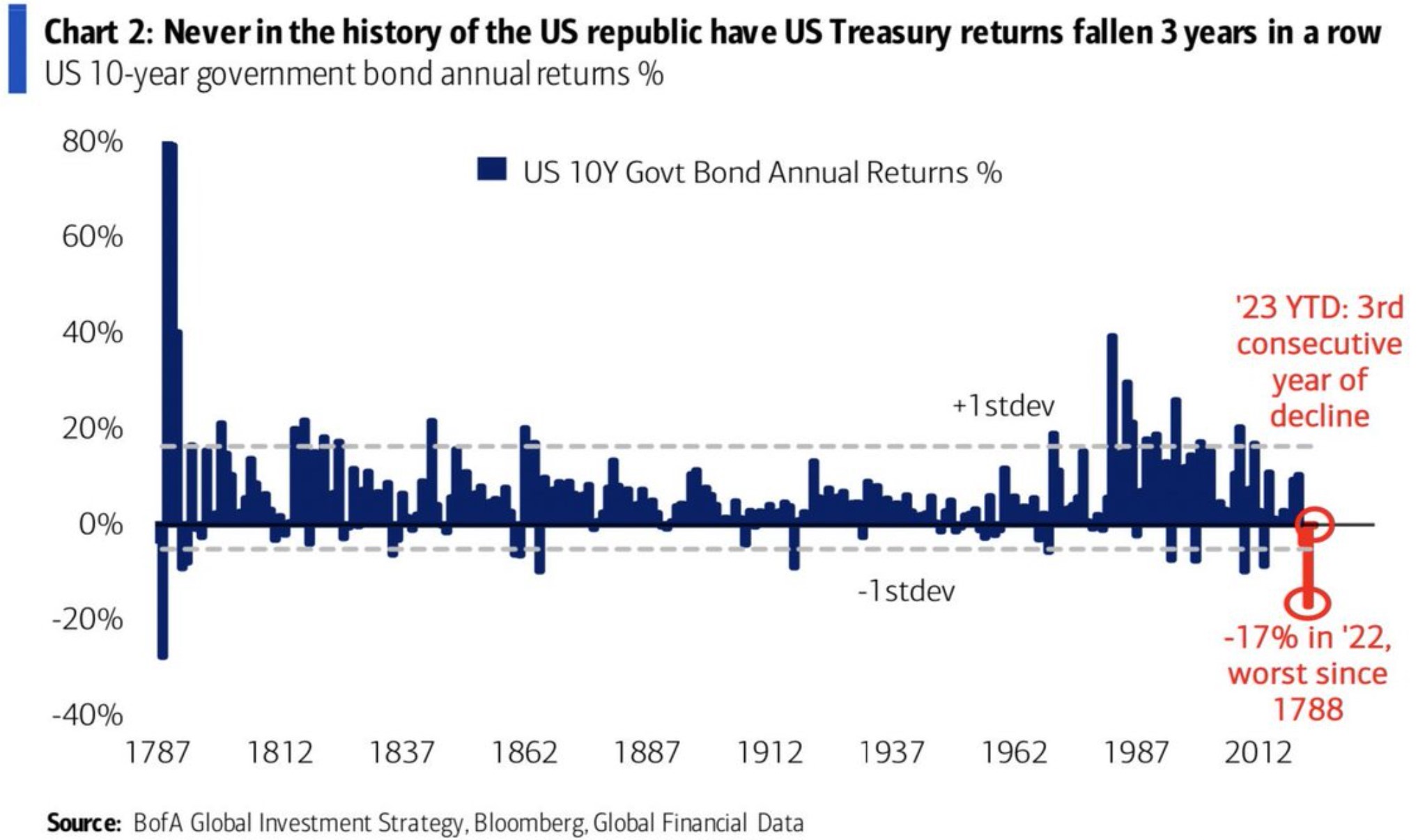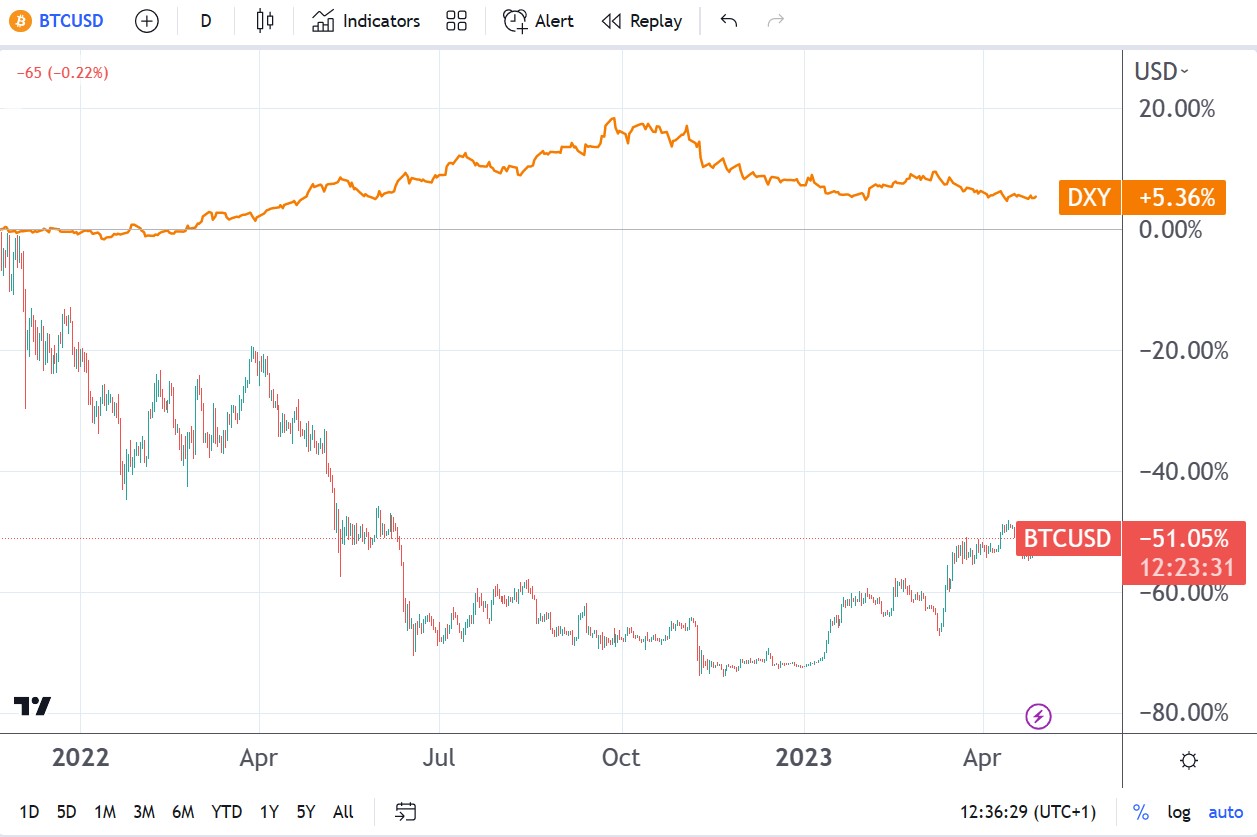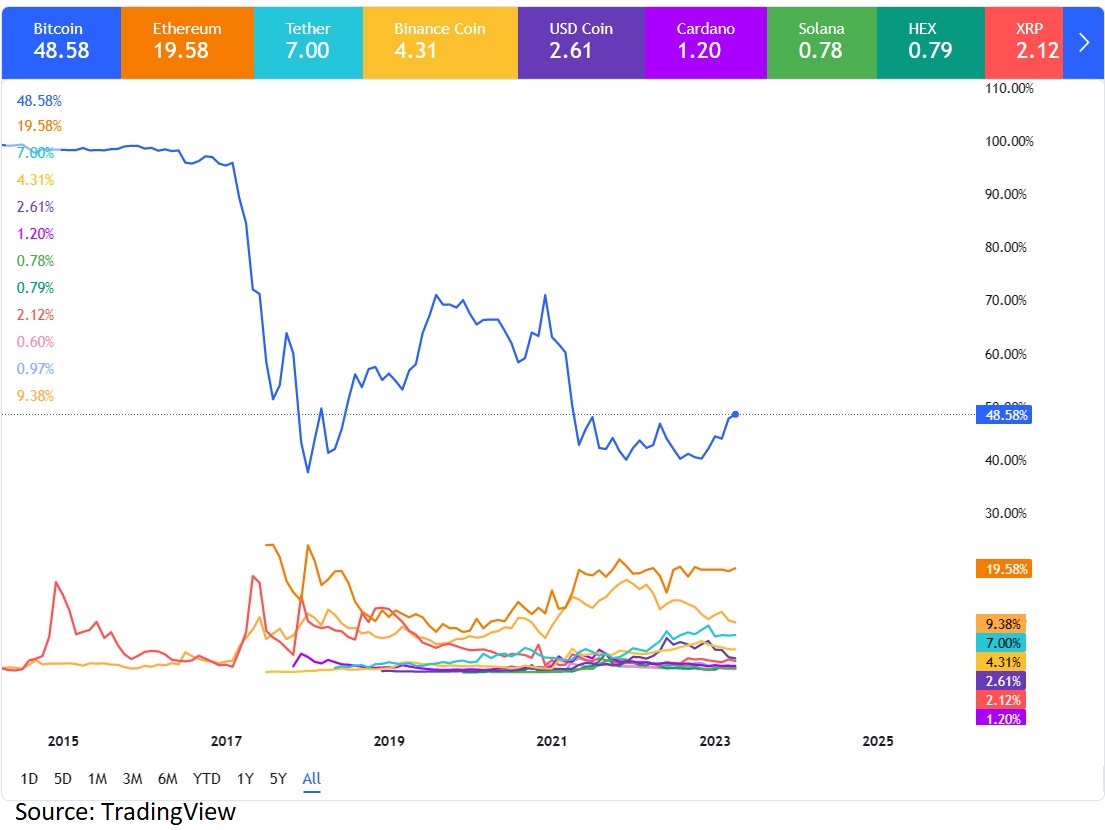
2018-10-10 17:14 |
Over the last few years, particularly after the dawn of the Mt. Gox hack in 2014, the crypto market’s reputation has been badly tarnished. The market is now closely associated with hacks, scams, fraud, and other several criminal activities that are on par with the overly exaggerated Wild West in the early seventeenth century.
According to Business Insider, the crypto market lost at least $670 million to hacks and fraud in Q2 2018. This has prompted several cryptocurrency exchanges and other crypto players to team up and form self-regulatory bodies to bring stability to the young market. However, it is still unclear if self-regulation will cause institutional investors to enter the market without worrying too much about fraudulent and criminal activities.
Self-Regulatory Bodies in the WorldSelf-regulation is growing in popularity because of lack of crypto regulation from sovereign states or regulatory agencies such as central banks or exchange commissions. The Winklevoss twins, cofounders of Gemini cryptocurrency exchange, claimed that the next logical step for the market is self-regulation.
After the $530-million Coincheck hack at the beginning of the year, 16 government-sanctioned cryptocurrency exchanges came together to form the Japan Virtual Currency Exchange Association (JVCEA), a self-regulatory agency.
In February, seven major UK cryptocurrency and blockchain firms teamed up to form CryptoUK, a self-regulating body responsible for formulating standards within the crypto industry in the UK and curbing any potential threats.
In India, the Blockchain and Cryptocurrency Committee (BAAC) of the Internet and Mobile Association of India (IAMAI), a self-regulating body, was formed primarily to keep track of the market’s active traders.
Where Are the Teeth of Self-Regulating Bodies?A research survey done by the law firm Foley & Lardner LLP revealed that 86 percent of the polled 62 executives were in favor of self-regulation. An unnamed executive who took part in the survey said:
“There are plenty of ways to work with regulators and legislatures to develop commonsense cryptocurrency laws and regulations.”
Matt Baer, CEO of KeyoCoin, thinks that self-regulation does not prevent regulation but rather shapes it. He wrote to Finance Magnates via an email in September saying:
“There is always a risk that a knee-jerk reaction [on the part of regulators] will lead to unnecessarily draconian measures, and this is where self-regulatory organizations come into their own, providing input and guidance to shape, rather than prevent, regulation.”
While many may argue that self-regulation is important, one important question that needs to be answered is whether these bodies have teeth or not.
After the September hack of Zaif, a Japanese cryptocurrency exchange, the JVCEA ordered all its members to check its security systems, and only two of its members so far have complied. Some experts expected to see a tougher stance from the self-regulatory body.
Self-regulating bodies will not be as strict as financial watchdogs such as the Securities and Exchange Commission, but they bring some form of legitimacy to the largely volatile market. However, institutional investors are still shying away from the industry. Institutional investors are tipped to flock into the industry once a Bitcoin ETF is approved.
Self-regulation is important, but it works better alongside regulation from existing regulatory authorities.
Is Self-Regulation Good Enough to Lure Institutional Investors Into the Cryptocurrency Market? was originally found on [blokt] - Blockchain, Bitcoin & Cryptocurrency News.
origin »Bitcoin price in Telegram @btc_price_every_hour
Goodomy (GOOD) на Currencies.ru
|
|









